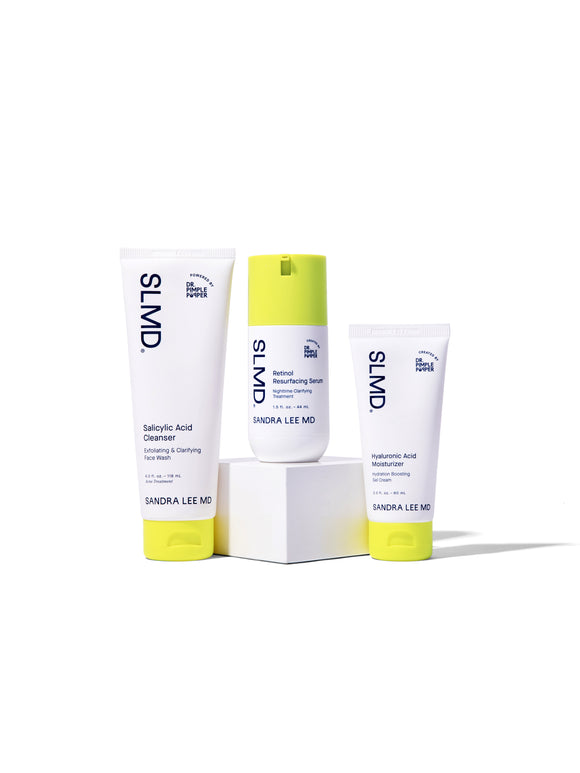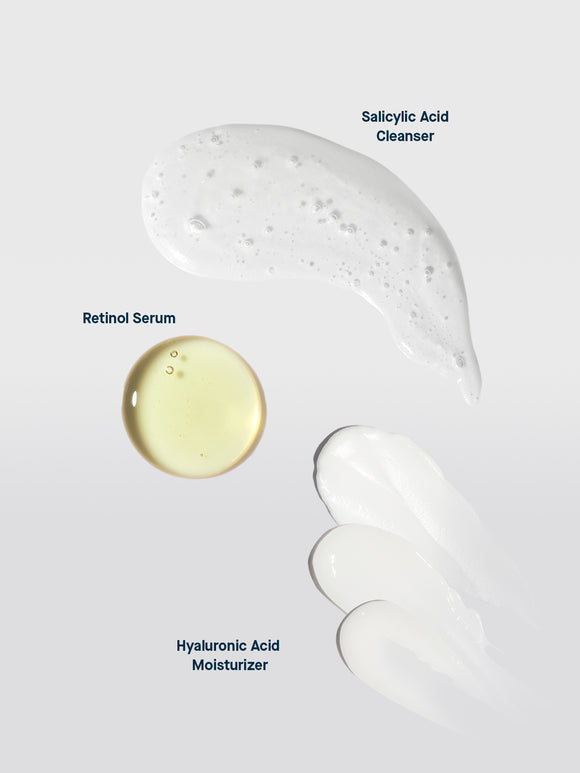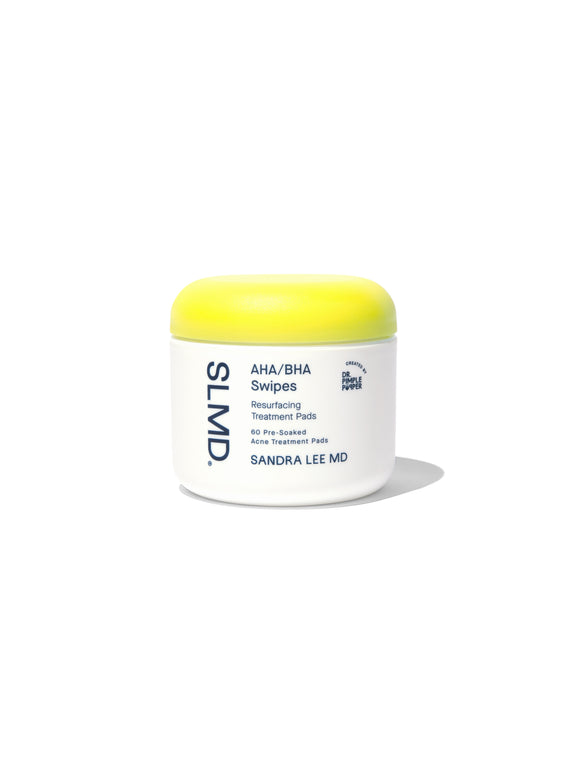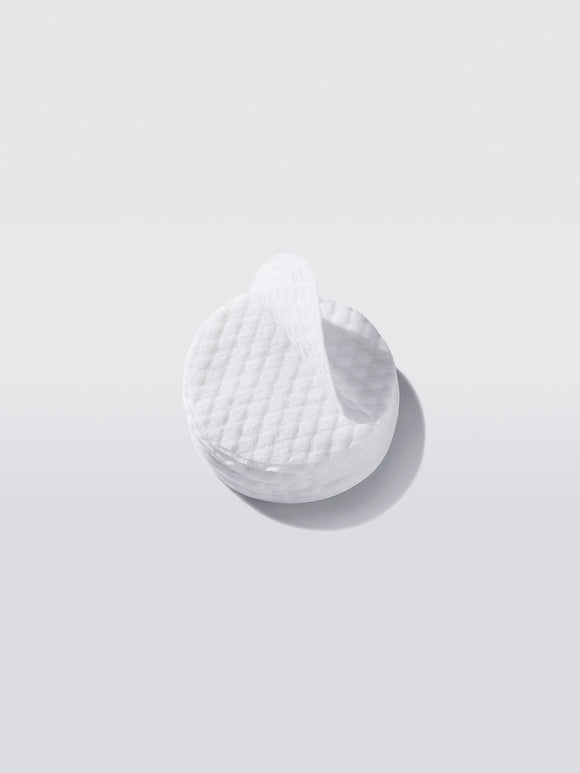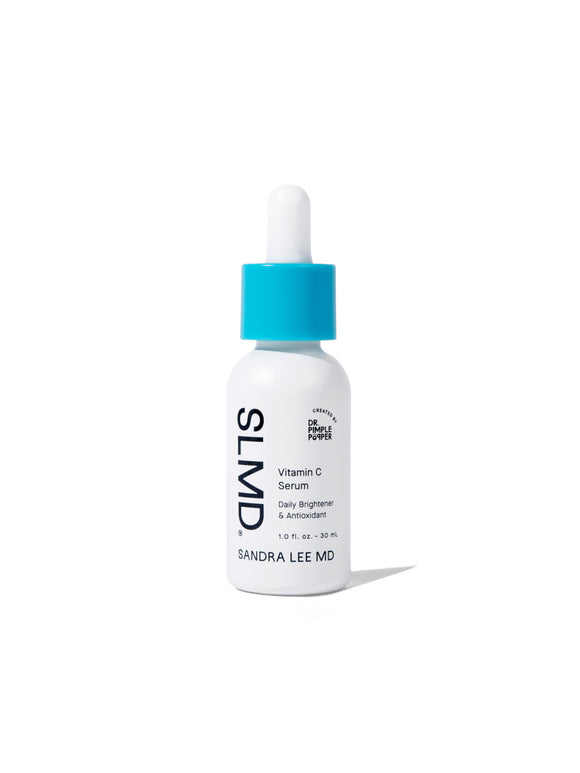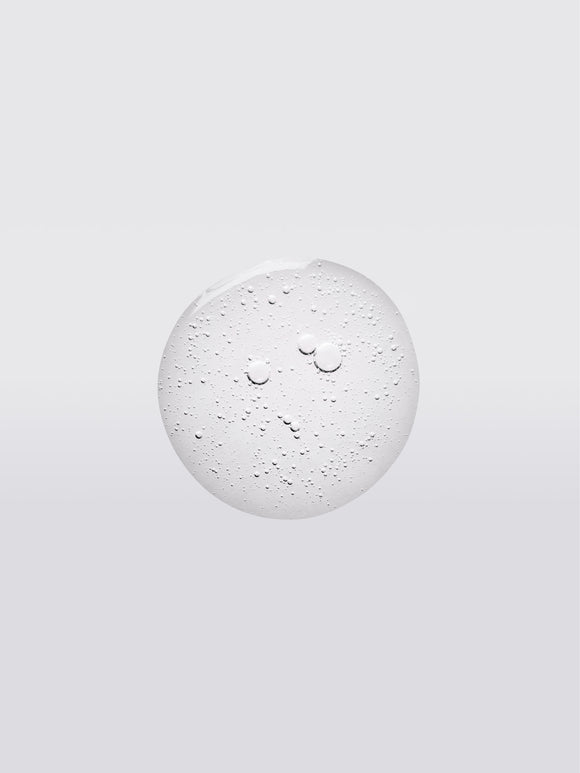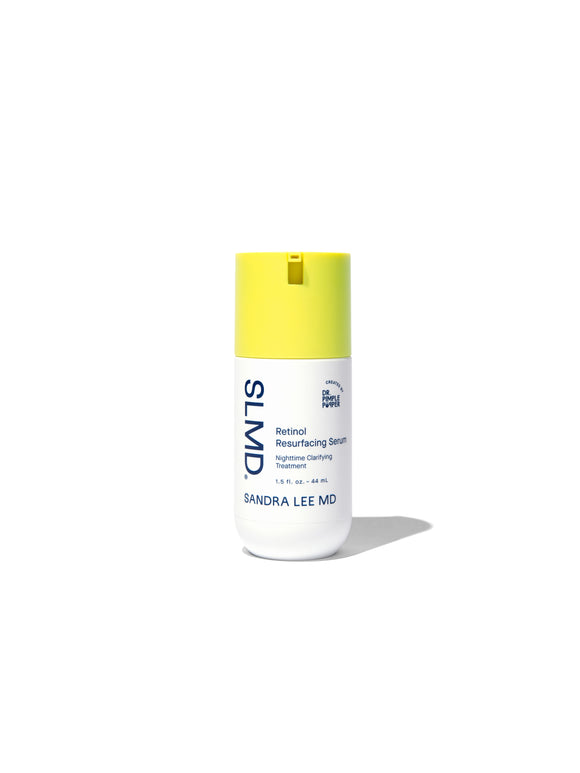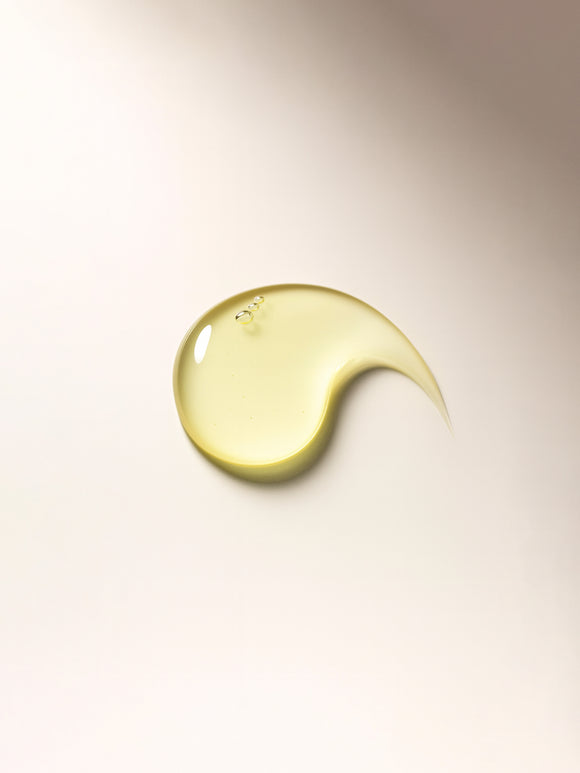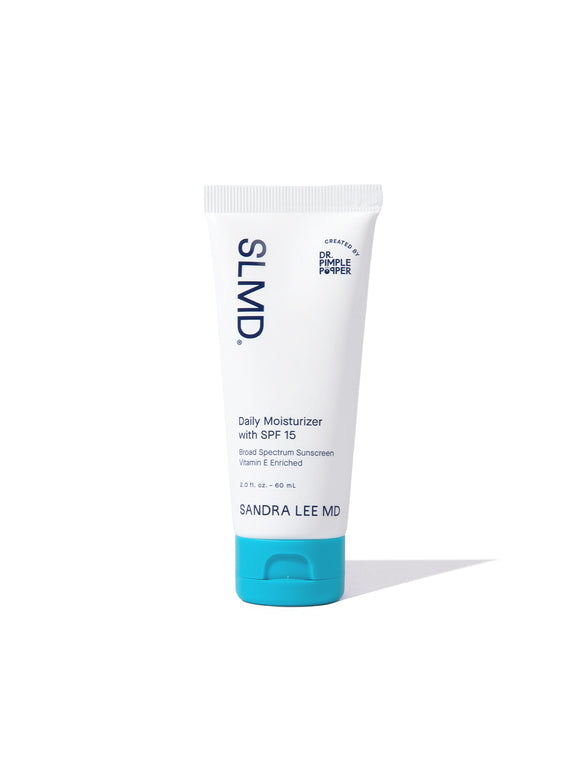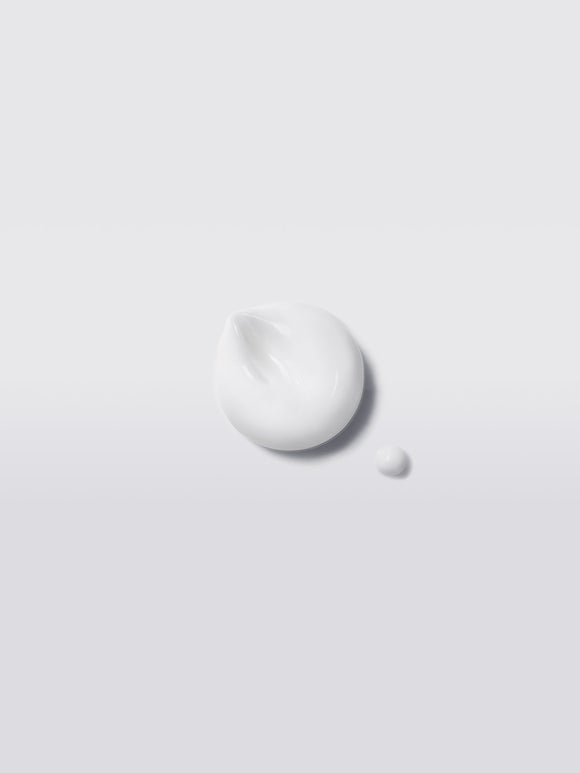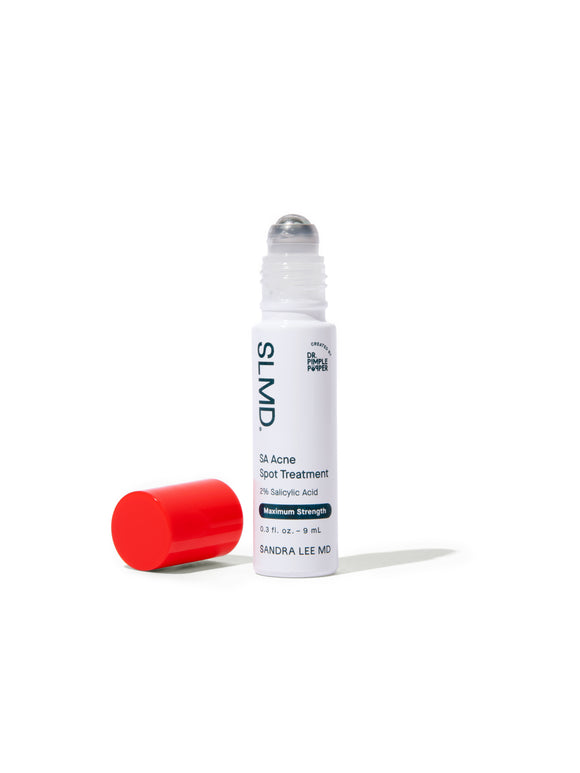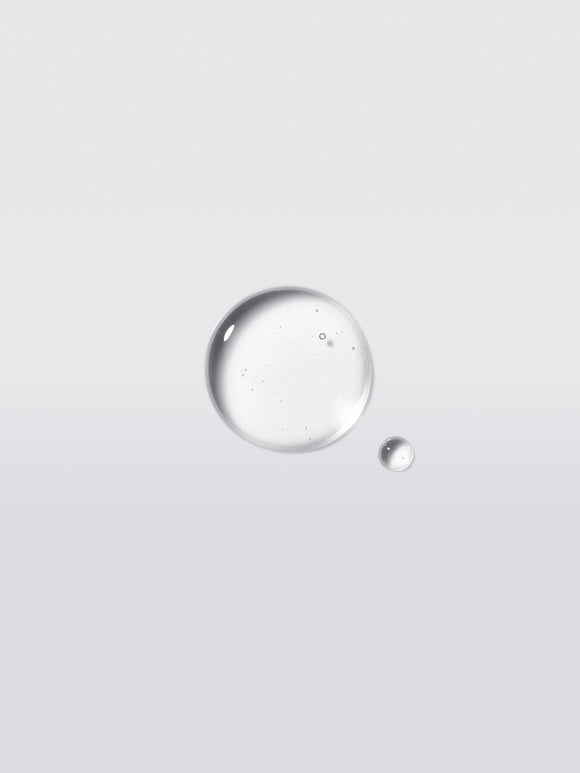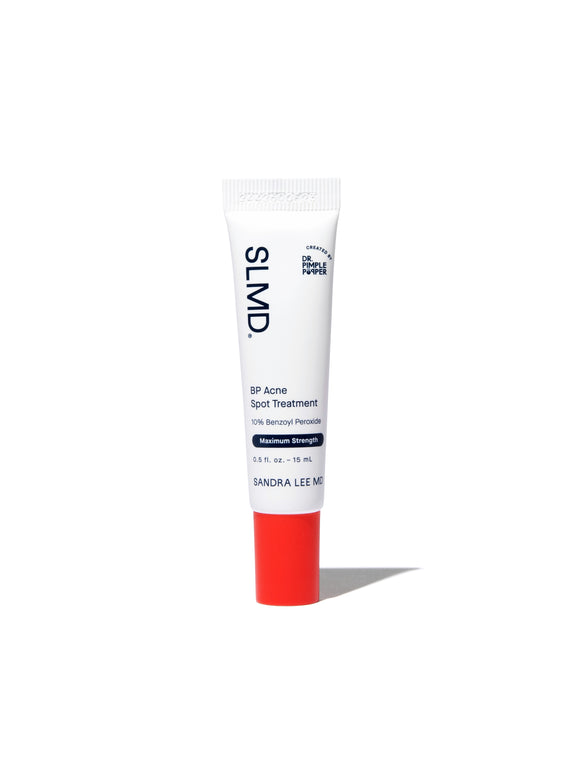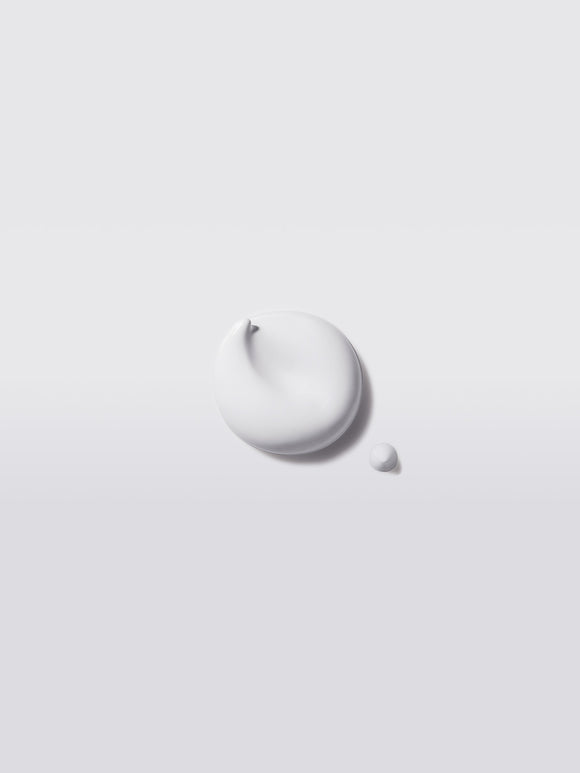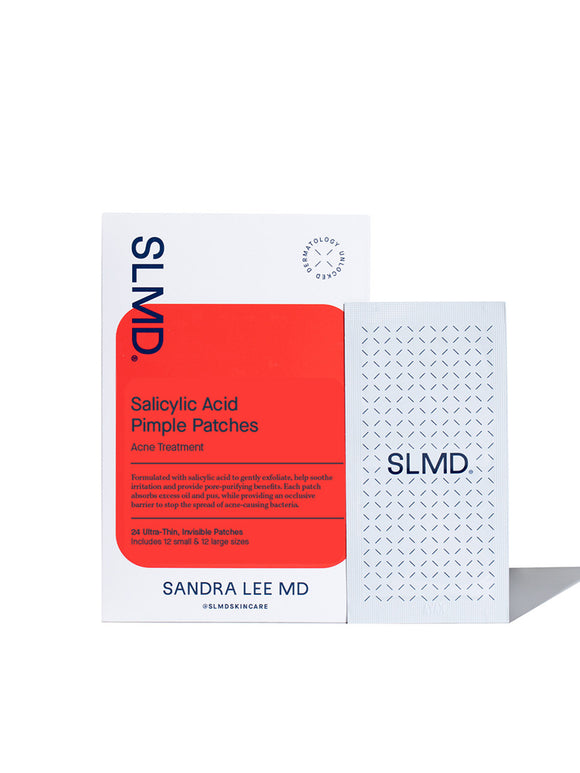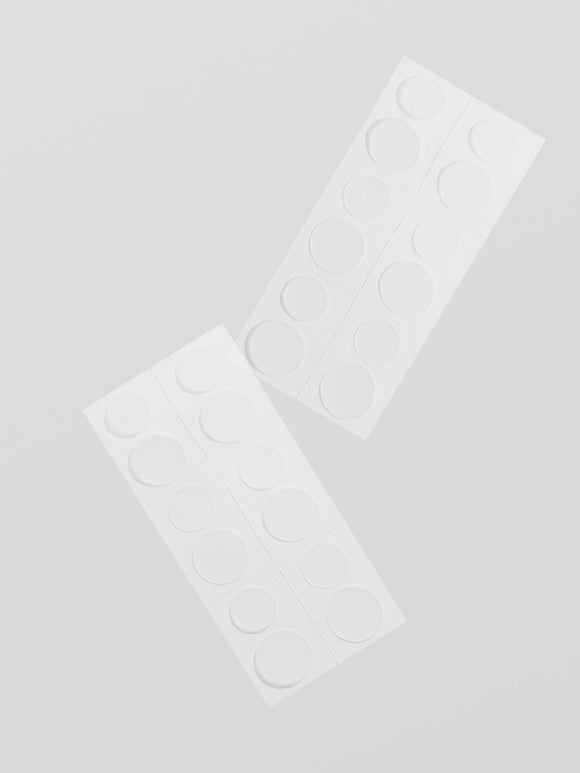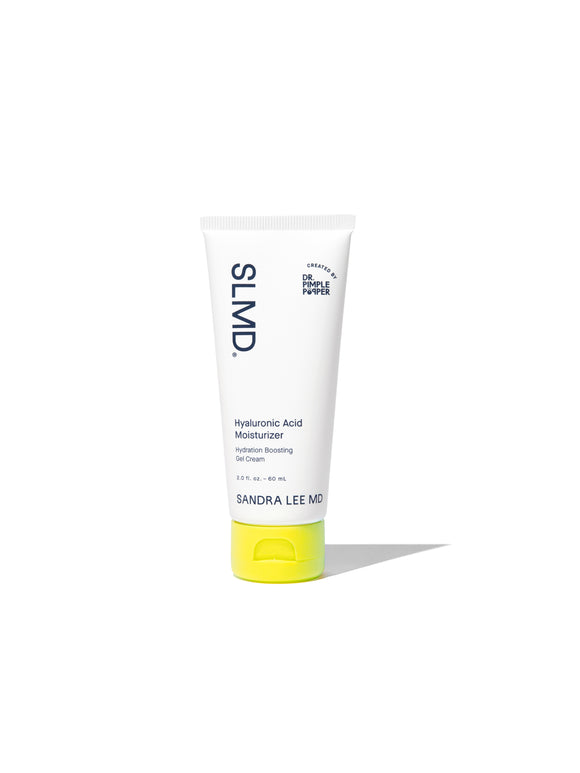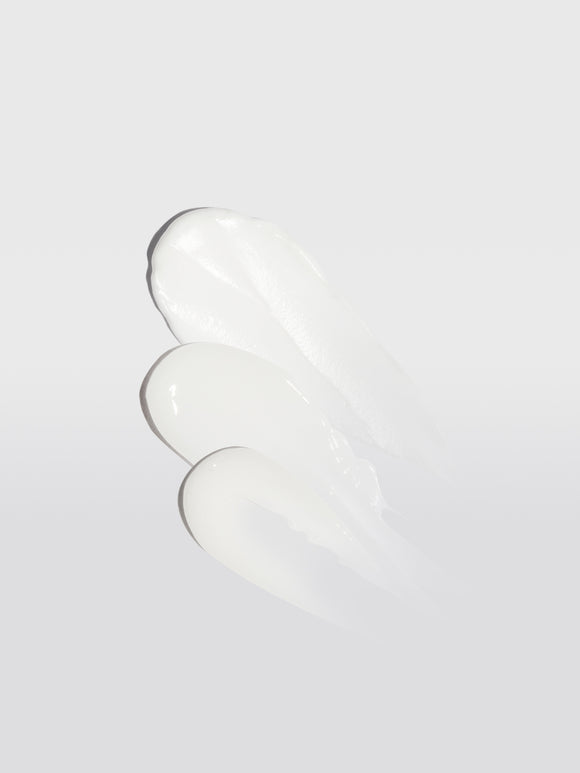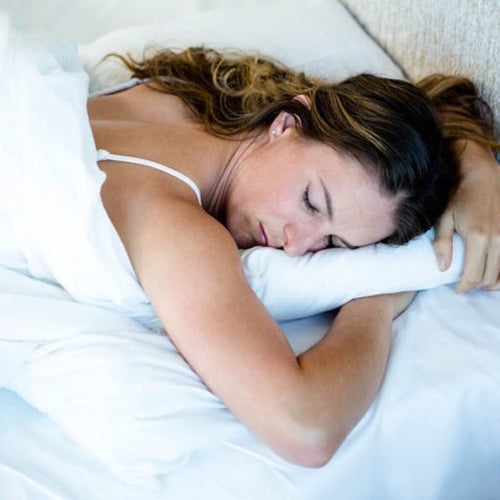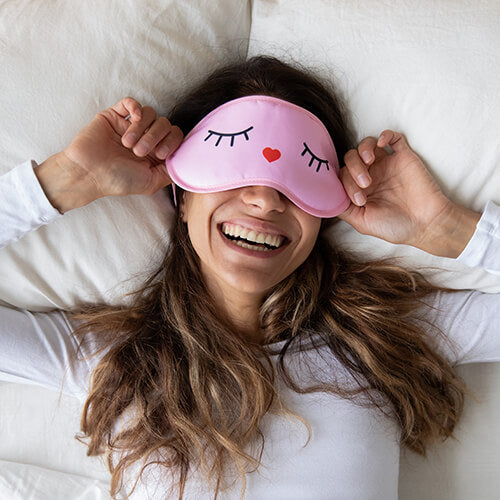
How Does Stress Impact Your Skin?
It's not all in your head: when you're stressed out, your skin gets stressed, too. Here's what to do about it.Published:
5 minute read
When you’re under stress, your skin often shows it first. That’s because stress triggers a cascade of hormonal and inflammatory changes in the body that can affect oil production, skin barrier function, and how well your skin repairs itself.
According to SLMD Skincare founder and dermatologist Sandra Lee, MD (aka Dr. Pimple Popper), stress doesn’t just influence how you feel. It can directly shape how your skin behaves. From breakouts and premature wrinkles to flare-ups of chronic conditions, understanding this connection makes it easier to protect your skin when life gets hectic.
Fast facts: stress and skin health
- Stress increases cortisol, a hormone that affects oil production and inflammation
- Elevated cortisol can weaken the skin barrier and slow repair
- Chronic stress is linked to acne, eczema, rosacea, and faster skin aging
- Poor sleep during stressful periods worsens puffiness and dark circles
- Consistent skincare routines help buffer the skin against stress-related changes
How stress contributes to acne
Stress and acne are closely connected. Acne begins when pores become clogged with excess oil and dead skin cells. If acne-causing bacteria multiply inside the pore, inflammation follows, which can lead to an inflamed pimple.
When you’re stressed, cortisol stimulates your sebaceous glands to produce more oil. More oil means more clogged pores, which can mean more pimples. If your breakouts are stressing you out, it can become a vicious cycle.
Dr. Pimple Popper’s stress tips
“One of the best ways to reduce stress-related breakouts is to keep your routine consistent, even when life feels chaotic,” says Dr. Lee.
- Get your acne under control. Keeping pores clear helps prevent stress from triggering new breakouts. Try: SLMD Salicylic Acid Cleanser, Acne System
- Avoid overdoing it. Stress can make people scrub, pick, or stack treatments, which often worsens irritation and inflammation.
- Manage your stress. Techniques like exercise, mindfulness, or short breaks during the day can help reduce stress hormones over time.
SLMD Acne Picks
How stress contributes to wrinkles
Chronic stress doesn’t just affect breakouts. It can also contribute to premature skin aging. Repeated facial tension from stress can lead to expression lines, especially on the forehead and between the brows, which can become more noticeable over time as wrinkles deepen.
Cortisol can also damage collagen and elastin, the proteins that help keep skin firm and resilient. It can increase enzymes that break down collagen, slow new collagen production, and increase oxidative stress from free radicals.
Dr. Pimple Popper’s stress tips
“Protecting collagen is key," explains Dr. Lee. "That means preventing damage and supporting repair over time.”
- Protect your skin from damage. Daily sunscreen helps prevent UV-related collagen breakdown. Try: SLMD Daily Moisturizer with SPF 15
- Add antioxidants. Antioxidants help defend against oxidative stress and support healthier-looking skin. Try: SLMD Vitamin C Serum
- Support long-term repair. Retinoids can help improve skin texture and support collagen over time. Try: SLMD Retinol Resurfacing Serum
SLMD Anti-Aging Picks
How stress contributes to eye bags
If you’ve ever woken up with under-eye bags after a stressful stretch, sleep disruption is often part of the story. Stress can interfere with normal sleep cycles, and insufficient rest can cause blood vessels under the eyes to dilate and fluid to collect, leading to puffiness and dark circles. It’s called beauty sleep for a reason.
Dr. Pimple Popper’s stress tips
- Catch some zzz’s. Prioritize consistent sleep to minimize fluid retention, and try to avoid stomach sleeping.
- Apply a cold compress. A chilled compress can temporarily reduce puffiness and make the under-eye area look more refreshed.
- Be consistent. Regular sleep routines often help more than one-off fixes when stress is ongoing.
How stress contributes to eczema, psoriasis, and rosacea
Stress-induced inflammation can make skin more reactive, leading to flare-ups. Chemical changes during stress can compromise your skin’s barrier function and disrupt the microbiome in several ways, including reduced ceramide production, a more fragile microbiome, and increased permeability across the skin barrier. Stress can also slow healing, which can make flare-ups last longer.
“When skin is stressed, the barrier needs extra support,” says Dr. Lee.
Dr. Pimple Popper’s stress tips
- Choose skincare wisely. Look for gentle, non-irritating products and avoid synthetic fragrance if you are prone to flare-ups.
- Support your skin barrier. Hydrating products with calming, barrier-supportive ingredients can help reduce irritation and dryness. Try: SLMD Hyaluronic Acid Moisturizer, Hyaluronic Acid Serum
- Manage your stress. Relaxation exercises and mindfulness can help reduce flare frequency and intensity.
How stress contributes to skin picking
It’s not uncommon to stress pick a pimple now and again, but picking can slow healing and increase the risk of visible marks. For some people, the physiological and emotional effects of stress can lead to dermatillomania, also known as excoriation disorder.
Stress can heighten skin sensitivity and inflammation, creating sensations of discomfort or perceived imperfections. Picking may provide momentary relief, but it can lead to a vicious cycle and increase the chance of lingering marks or scars. If skin picking is disrupting your daily life or leaving scars, talk to a healthcare professional.
Dr. Pimple Popper’s stress tips
- Treat your skin concern. Getting acne or irritation under control can reduce the urge to pick.
- Incorporate a spot treatment. Targeted treatments can help calm active breakouts and support healing. Try: SLMD SA Acne Spot Treatment, BP Acne Spot Treatment
- Use a physical barrier. Patches can help protect the area and reduce picking. Try: SLMD Salicylic Acid Pimple Patches
- Redirect stress. Exercise and mindfulness can help distract you from skin fixation and reduce stress hormones over time.
SLMD Spot Treatment Picks
FAQ: stress and skin health
Q: Can stress really cause acne?
A: Stress does not directly cause acne on its own, but elevated cortisol can increase oil production and inflammation, which makes breakouts more likely if you’re already acne-prone.
Q: Does stress age your skin faster?
A: Chronic stress can accelerate collagen breakdown and increase oxidative damage, which may contribute to earlier signs of aging over time.
Q: Can stress trigger eczema or rosacea flare-ups?
A: Stress is a common trigger for inflammatory skin conditions because it can weaken the skin barrier and amplify inflammatory responses.
Q: How can I protect my skin during high-stress periods?
A: Keeping a simple, consistent routine and prioritizing sleep and stress management can help reduce the skin’s inflammatory response during stressful stretches.

Dr. Lee's Last Word
Stress shows up on the skin in very real ways. I see it every day in my practice. The good news is that when you support your skin barrier, stay consistent with your routine, and take steps to manage stress, you’re helping your skin function the way it’s meant to.








